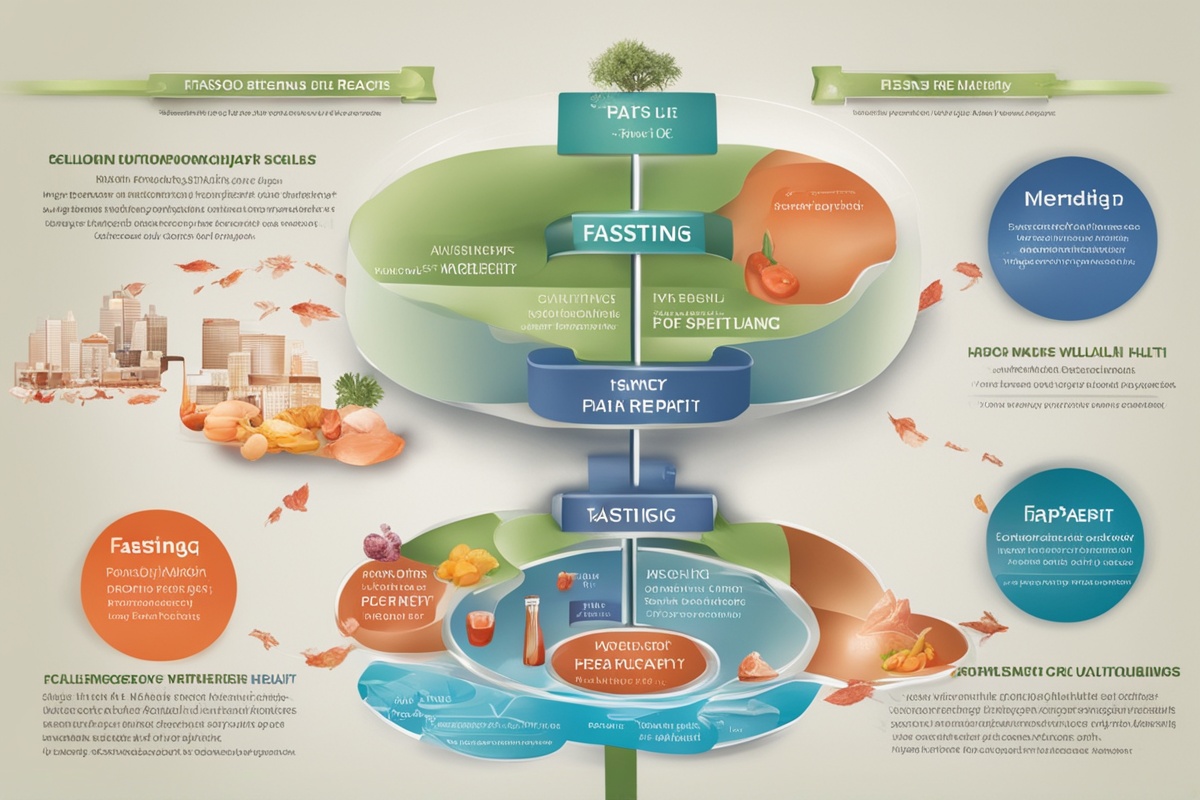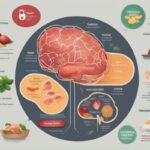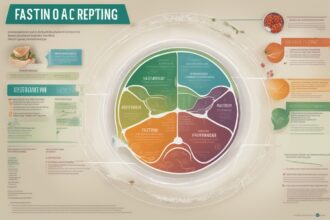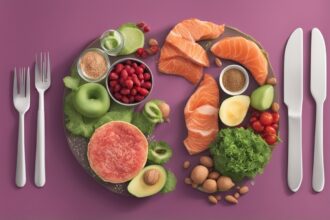Hey there, health enthusiasts! If you’ve been diving into the world of fasting, you’ve probably stumbled across the term “autophagy.” It sounds like a sci-fi concept, right? But in reality, it’s a fascinating biological process that could be the secret sauce behind many of the health perks associated with fasting. In this post, we’re going to unpack the autophagy benefits, explore how it works, and share actionable tips to harness its power through fasting. Whether you’re a seasoned faster or just curious about how skipping a few meals could transform your wellness, stick around—there’s a lot to learn about this cellular superpower!
What Is Autophagy, and Why Should You Care?
Let’s start with the basics. Autophagy, derived from Greek words meaning “self-eating,” is your body’s natural way of cleaning house at the cellular level. Think of it as a recycling program: during autophagy, your cells break down and remove damaged components like old proteins or dysfunctional organelles, repurposing them for energy or new cell parts. This process is crucial for maintaining cellular health and preventing the buildup of toxic waste. Discovered by scientists like Yoshinori Ohsumi—who won a Nobel Prize for his work in 2016—autophagy has been linked to everything from anti-aging to disease prevention. So, when we talk about autophagy benefits, we’re really talking about optimizing your body’s ability to heal and renew itself. Pretty cool, huh?
How Fasting Triggers Autophagy Benefits
Now, you might be wondering how fasting fits into this picture. Well, fasting—whether it’s intermittent fasting, a 24-hour fast, or longer periods of caloric restriction—acts like a switch that flips autophagy into high gear. When you stop eating, your body shifts from using glucose (from food) as its primary fuel to burning stored energy, like fat. This metabolic stress signals cells to start cleaning up through autophagy. Studies show that after about 12–16 hours of fasting, autophagy ramps up significantly, peaking around 24–48 hours. This is why fasting for autophagy is such a hot topic in health circles—it’s a natural and accessible way to tap into these cellular autophagy advantages without fancy supplements or expensive treatments.
Top Autophagy Benefits for Your Health
The science behind autophagy is impressive, and the potential health benefits are even more exciting. Here are some of the standout ways this process, especially when activated through fasting, can improve your well-being:
- Cellular Renewal: Autophagy clears out damaged cell parts, promoting healthier, more efficient cells that function better over time.
- Anti-Aging Effects: By reducing cellular waste, autophagy may slow down aging processes, keeping your body youthful at a microscopic level.
- Improved Immunity: It helps eliminate pathogens and supports immune cell function, potentially reducing your risk of infections.
- Reduced Inflammation: Autophagy can lower chronic inflammation, a root cause of many modern diseases like heart disease and diabetes.
- Brain Health: Emerging research suggests autophagy protects neurons, possibly lowering the risk of neurodegenerative conditions like Alzheimer’s.
These autophagy health benefits aren’t just theoretical—they’re backed by a growing body of research, making fasting for cellular repair a strategy worth considering.
Autophagy and Disease Prevention: A Promising Connection
Beyond general wellness, one of the most compelling reasons to explore autophagy benefits is its potential role in preventing serious illnesses. Scientists have found that when autophagy doesn’t work properly, it can contribute to conditions like cancer, diabetes, and heart disease. For example, defective autophagy may allow damaged cells to accumulate, increasing cancer risk. On the flip side, activating autophagy through fasting or other lifestyle changes could help your body nip these issues in the bud by clearing out problematic cells early. While more human studies are needed, animal research shows that fasting-induced autophagy can slow tumor growth and improve metabolic health. It’s not a cure-all, but it’s a promising piece of the puzzle for long-term disease prevention.
Practical Tips to Maximize Autophagy Benefits Through Fasting
Ready to start reaping the benefits of autophagy for yourself? Fasting is one of the most effective ways to stimulate this process, but it’s not just about skipping meals randomly. Here are some practical strategies to get started safely and sustainably:
- Try Intermittent Fasting (IF): Start with a 16:8 schedule—fast for 16 hours and eat during an 8-hour window. This can kickstart autophagy after the 12-hour mark.
- Stay Hydrated: Drink plenty of water during fasting periods to support cellular processes and avoid dehydration, which can hinder autophagy.
- Avoid Overeating Post-Fast: Breaking your fast with nutrient-dense, moderate meals prevents overloading your system and supports ongoing cellular cleanup.
- Incorporate Exercise: Light activity like walking during fasting can enhance autophagy by adding mild stress to your cells.
Remember, consistency matters more than intensity. If you’re new to fasting, ease into it and listen to your body. And always consult a healthcare provider if you have underlying conditions—fasting for cellular health should feel empowering, not punishing.
Other Ways to Support Autophagy Beyond Fasting
While fasting is a powerhouse for triggering autophagy perks, it’s not the only tool in your toolkit. Lifestyle factors can also play a supportive role in enhancing this cellular process. For instance, a ketogenic diet—high in healthy fats and low in carbs—mimics fasting by shifting your body into ketosis, which may boost autophagy. Sleep is another big player; poor rest can disrupt cellular repair, so aim for 7–9 hours of quality shut-eye. Even certain compounds like resveratrol (found in red wine and grapes) and curcumin (in turmeric) have been studied for their potential to stimulate autophagy. Combining these habits with periodic fasting can amplify the autophagy wellness benefits, creating a holistic approach to cellular health.
So, there you have it—a deep dive into the world of autophagy and why it’s such a game-changer for anyone interested in fasting and health optimization. The autophagy benefits are clear: from rejuvenating your cells to potentially warding off disease, this natural process offers a pathway to better living. By incorporating fasting into your routine—along with supportive habits like proper hydration and sleep—you can unlock these incredible autophagy health advantages without much hassle. Remember, it’s not about perfection but progress. Start small, experiment with what works for you, and celebrate the tiny victories as your body renews itself from the inside out. Got questions or personal experiences with fasting and autophagy? Drop them below—I’d love to hear how this journey is unfolding for you!






